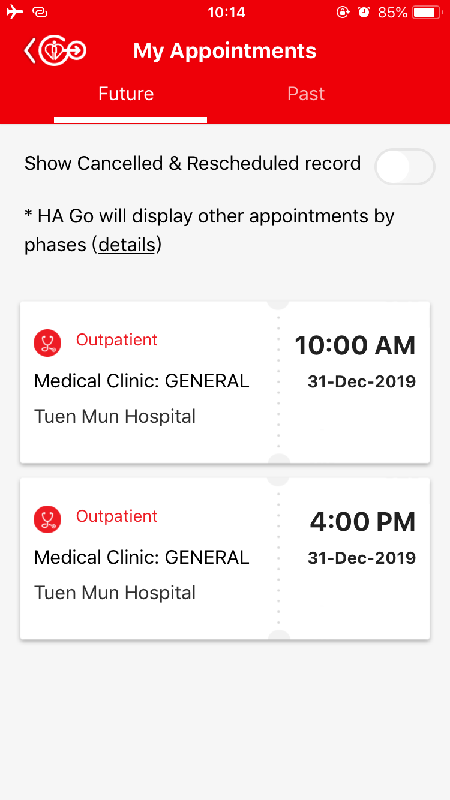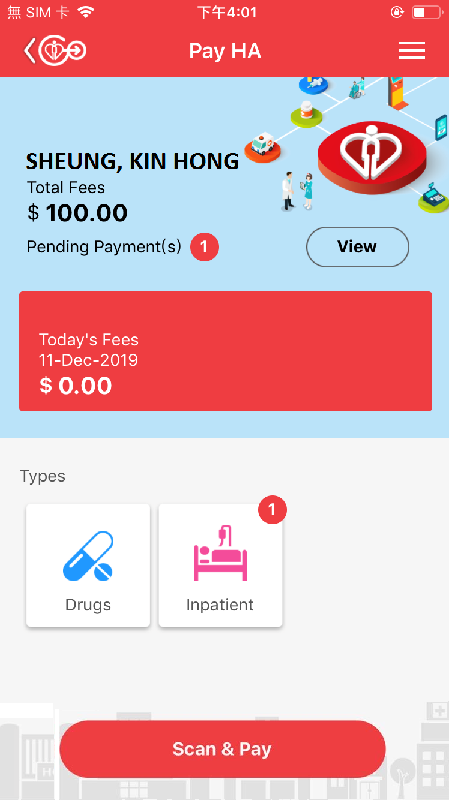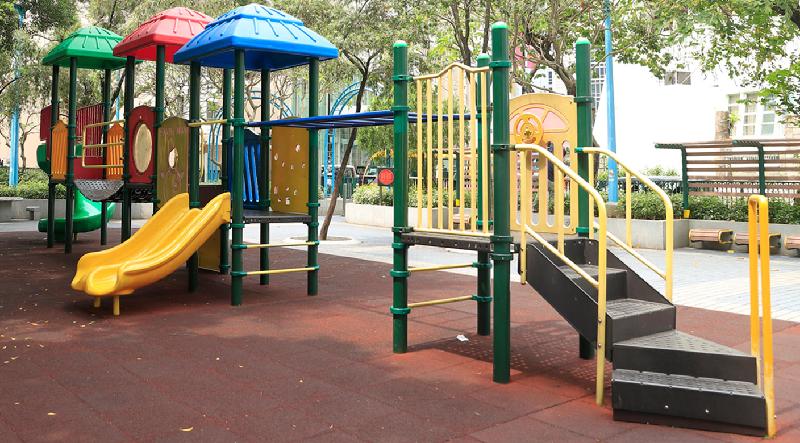Hospital Authority launches mobile application “HA Go” (with photos)
The following is issued on behalf of the Hospital Authority:
The Hospital Authority (HA) launched the mobile application "HA Go" today (December 12) to improve patients' experience when using public hospital services and assist in the management of their own health. With the app, members of the public can view their scheduled appointments at any time, pay hospital bills without queuing and access their dispensing records, drug information and allergy records.
In safeguarding patient data privacy, "HA Go" has adopted a real-name registration system. After downloading the app and input of the required personal information, the user is required to activate the account in person at a hospital with his or her Hong Kong identity card and the 2D barcode issued by "HA Go" for identity verification. Activation counters with the "HA Go" logo have been set up in most public hospitals (see appended list). Public hospital patients can choose to complete the activation during their coming visits to hospitals for appointments.
The spokesperson for the HA said that the newly developed "HA Go" has added new features besides integrating several HA apps currently in use. The range of functions now includes specialist outpatient clinic (SOPC) new case booking service and management of booked appointments. Patients can view their scheduled appointments, in the past year and upcoming ones, for SOPCs, general outpatient clinics, radiology examinations and allied health, nursing and pharmacist clinics. Patients can also save time in queuing by paying hospital bills and standard drug charges with the app. Patients can also access their dispensing records for the past two years, drug information and allergy records.
In addition, "HA Go" also provides multimedia rehabilitation programmes through videos and games for patients. Following assessment by healthcare staff, these prescribed programmes help patients systemically exercise at home or in the community for their rehabilitation.
Currently, Hong Kong identity card holders aged 18 or above may register as "HA Go" members. The HA will continue to develop and enhance "HA Go" by adding new features and collecting opinions from users of the app. "HA Go" supports mobile devices with iOS or Android operating systems, and can be downloaded free of charge. It is available in traditional Chinese and English. Members of the public can visit the website www3.ha.org.hk/hago/ for more information on "HA Go".



